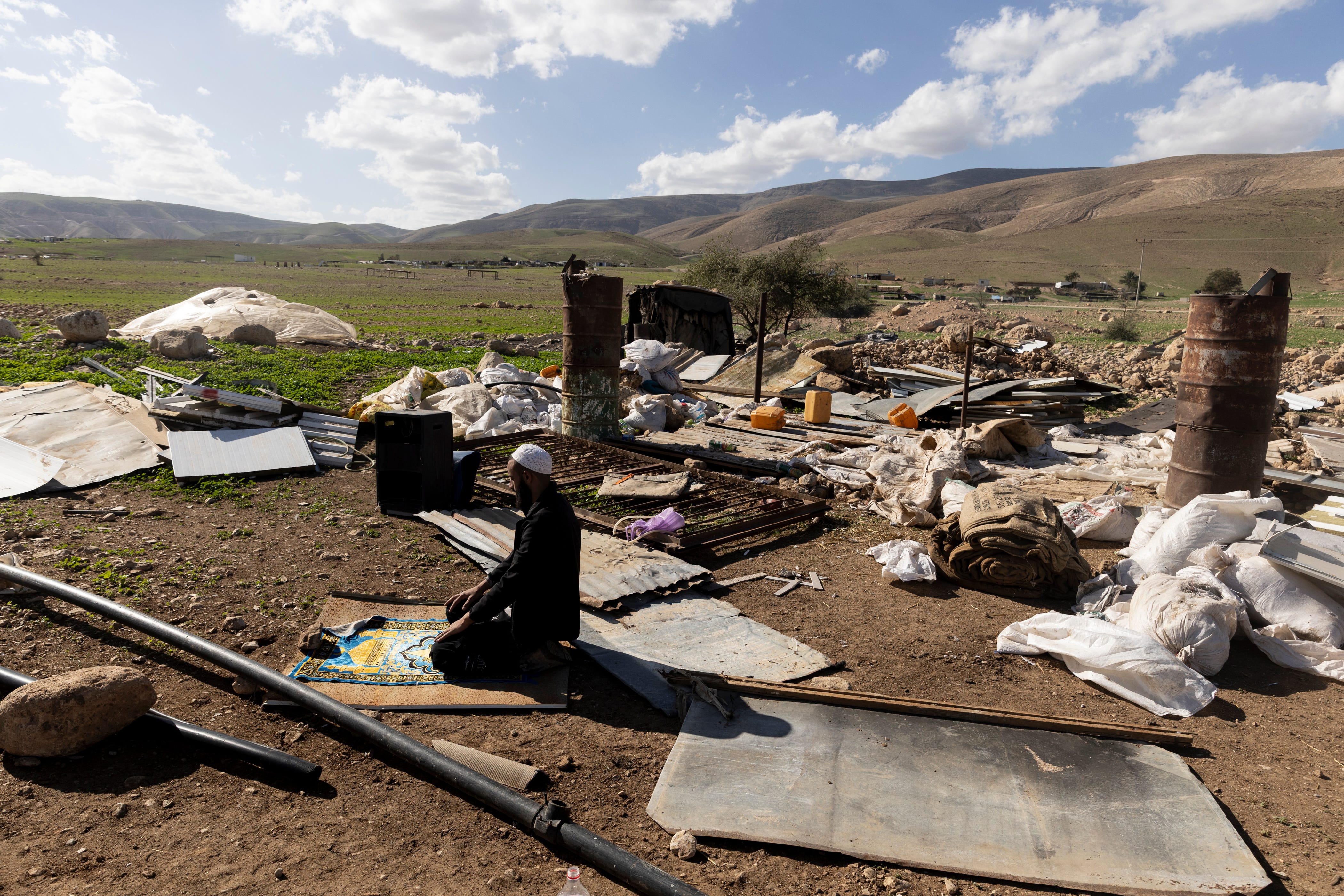 The disclosure of the Pentagon Papers four decades ago stands as one of the most significant leaks of classified material in American history. Ever since, in the eyes of the government, the voluminous record of U.S. involvement in Vietnam has remained something else: classified.
The disclosure of the Pentagon Papers four decades ago stands as one of the most significant leaks of classified material in American history. Ever since, in the eyes of the government, the voluminous record of U.S. involvement in Vietnam has remained something else: classified.
In the Byzantine realm of government record-keeping, publication of a document in the country’s biggest newspapers, including this one, does not mean declassification. Despite the release of multiple versions of the Pentagon Papers, no complete, fully unredacted text has ever been publicly disclosed.
On Monday, the National Archives and Records Administration will change that, as it officially declassifies the papers 40 years to the day after portions were first disclosed by the New York Times. In doing so, and in making the papers available online, the Archives could provide researchers with a more holistic way of understanding a remarkable chapter of U.S. history.
It could also bring a small measure of solace to advocates of open government frustrated by what they see as the overzealous classification of important documents. They note that tens of thousands of the classified diplomatic cables released by WikiLeaks also remain classified.
“The fact that the Pentagon Papers were still secret is an embarrassment to the United States government,” said John Prados, senior fellow at George Washington University’s National Security Archive, a nonprofit research organization. “You’ve been able to read them for 40 years, but they’re still secret.”





 Over the span of four years, 50-year-old Fidda Mohammad Naasan and her family have been violently...
Over the span of four years, 50-year-old Fidda Mohammad Naasan and her family have been violently... When we talk about our inability to pay attention, to concentrate, we often mean and blame...
When we talk about our inability to pay attention, to concentrate, we often mean and blame...






























